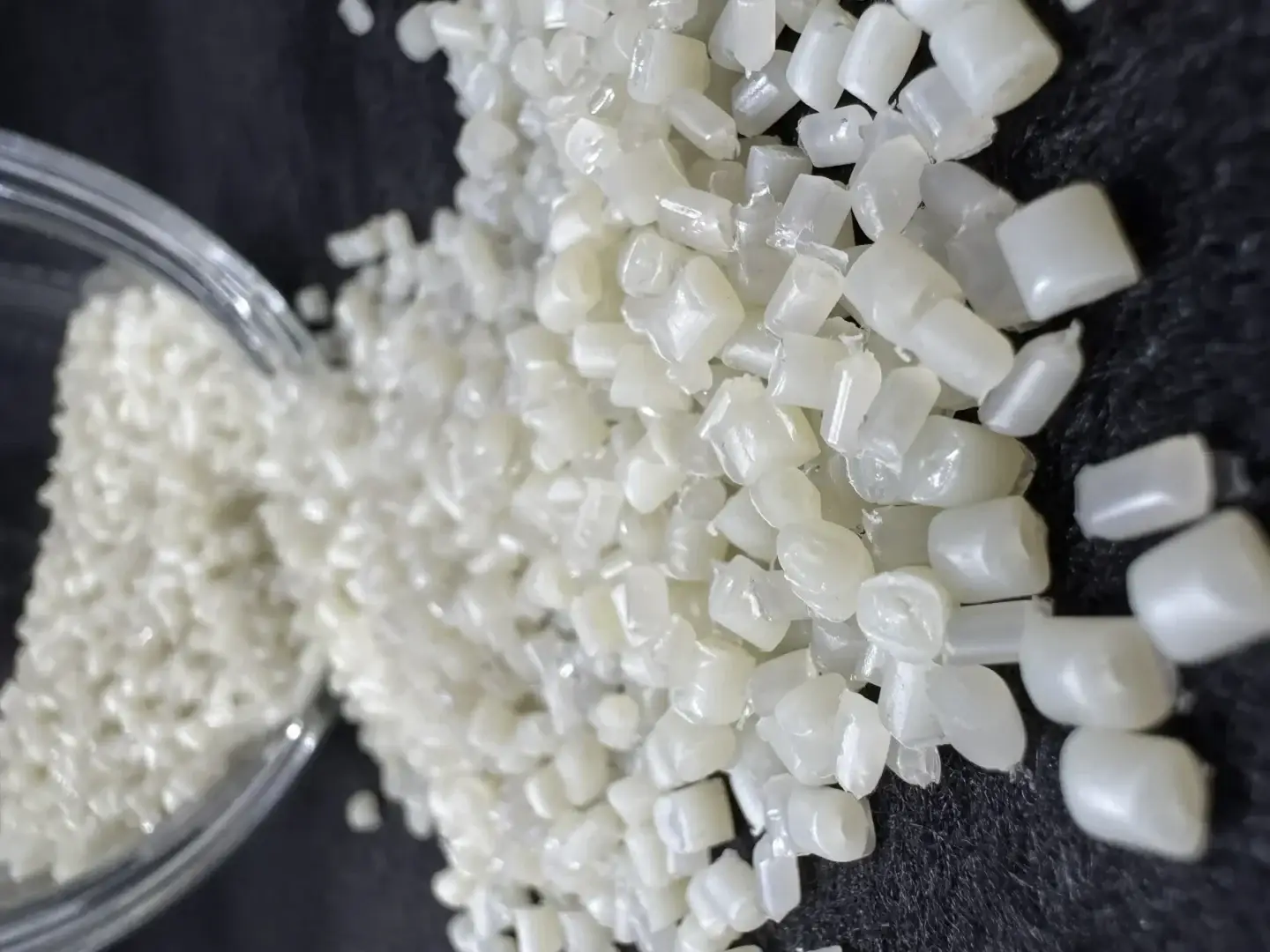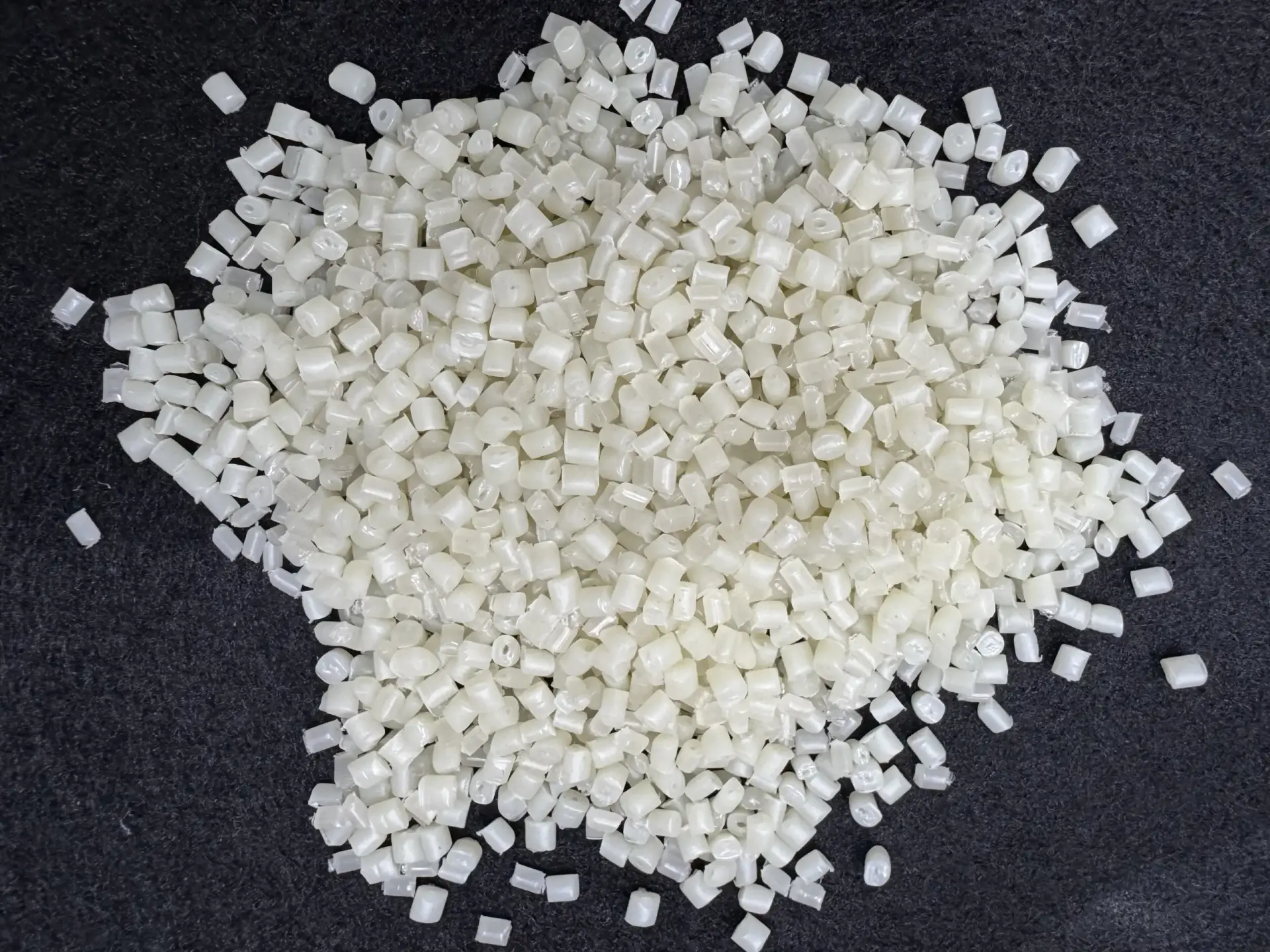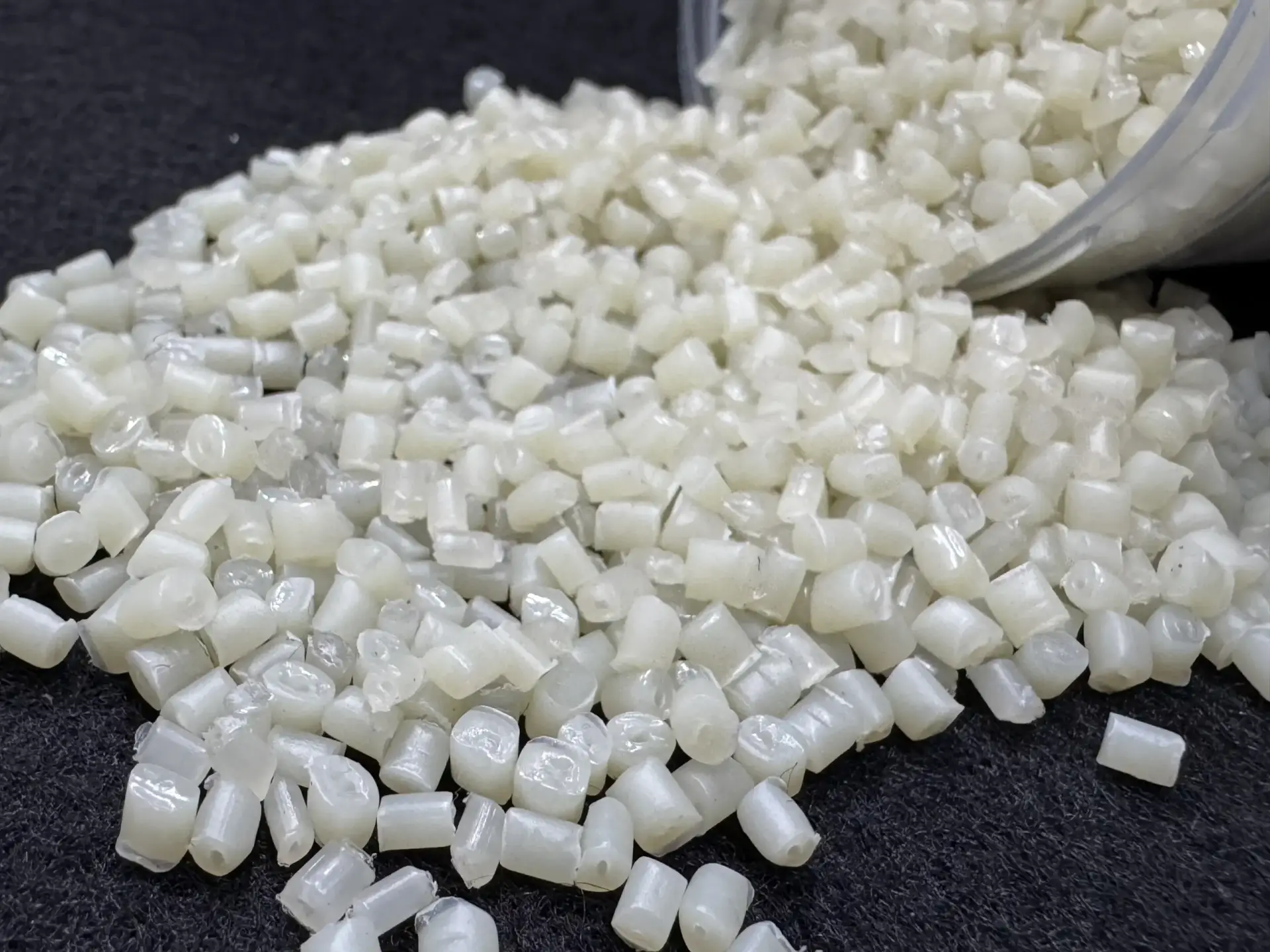Recycled High-Density Polyethylene (HDPE)
What is Recycled High-Density Polyethylene (HDPE)?
High-Density Polyethylene (HDPE) is a versatile and durable plastic known for its strength, low moisture absorption, and resistance to chemicals. It is commonly used in products such as containers, bottles, pipes, and plastic lumber. HDPE is lightweight yet highly resilient, making it suitable for a variety of applications across industries like packaging, construction, and manufacturing. It is also one of the most commonly recycled plastics, offering significant environmental benefits by reducing waste and supporting the circular economy.
The relationship between high-density polyethylene recycling and the environment
Recycling polyethylene is essential for minimizing plastic waste and reducing its environmental footprint, supporting sustainability and the circular economy:
- Reducing Waste: Recycling HDPE significantly decreases the amount of plastic waste that ends up in landfills, minimizing its environmental impact.
- Energy Savings: The recycling process for HDPE consumes up to 50% less energy compared to producing new plastic.
- Lowering Carbon Emissions: Using recycled plastic helps reduce the carbon footprint of businesses and manufacturing facilities.
- Preserving Natural Resources: It reduces the need for extracting petroleum-based raw materials used in producing virgin plastic.
“Each recycling effort brings us closer to a cleaner environment and a more sustainable future, helping reduce plastic waste and support eco-friendly practices.”
Scientific properties of recycled high-density polyethylene (HDPE)
- High Density: HDPE boasts a density ranging between 0.93 to 0.97 g/cm³, making it lightweight yet strong enough to withstand heavy-duty applications.
- Rigidity and Strength: Its high impact resistance makes it an ideal choice for applications requiring exceptional durability.
- Chemical Resistance: HDPE exhibits excellent resistance to acids, bases, and oils, making it suitable for various industrial uses.
- Thermal Stability: It can endure temperatures up to 120°C without losing its mechanical properties.
- Recyclability: HDPE can be recycled multiple times while retaining most of its physical properties.
“Recycled polyethylene showcases how plastic can be repurposed into a sustainable and versatile material, contributing to eco-friendly solutions.”
The process of recycling polyethylene
The recycling process of high-density polyethylene involves several precise steps to ensure its quality is maintained:
- Collection and Sorting: Plastic waste is collected and sorted by type and color to ensure the quality of the final product.
- Cleaning: The materials are washed to remove any impurities or residues, such as oils or dirt.
- Shredding: The plastic is shredded into small flakes, making the melting process more efficient.
- Melting and Reformation: The flakes are melted at specific temperatures and transformed into plastic pellets ready for reuse in manufacturing.
- Final Manufacturing: The recycled plastic pellets are used to create new products.
“Each step in the recycling process is designed to minimize waste and achieve the highest quality standards.”
Uses of recycled high-density polyethylene (HDBE)
- Packaging:
- Production of new bottles for detergents and beverages.
- Manufacturing heavy-duty packaging bags.
- Construction Sector:
- Water and sewage pipes.
- Thermal and acoustic insulation panels.
- Boards used as a wood alternative.
- Consumer Products:
- Outdoor furniture such as chairs and tables.
- Plastic toys for children.
- Storage boxes.
- Industrial Applications:
- Large containers for chemical storage.
- Drums used for storage and transportation.
- Liners for agricultural ponds and drainage systems.
- Environmental Products:
- Boards used as flooring in open spaces.
- Manufacturing small recycling units.
CONCLUSION
Recycling High-Density Polyethylene (HDPE) is not just a crucial step in protecting the environment but also a significant driver for the circular economy. It provides sustainable solutions for a wide range of industries, ensuring resource efficiency and reducing waste.
“At PlastArk, we redefine plastic and transform it into added value for both society and the environment.”



